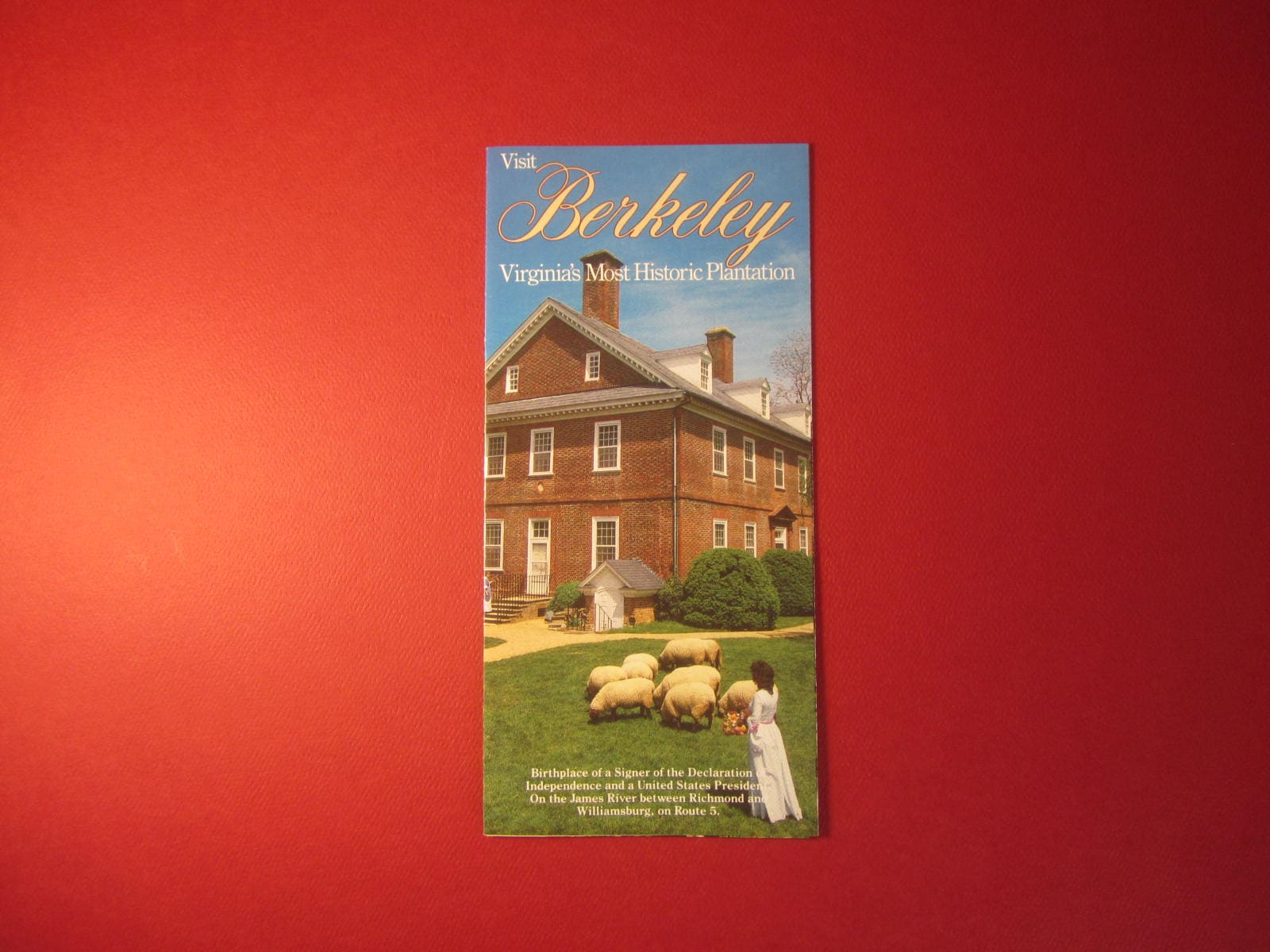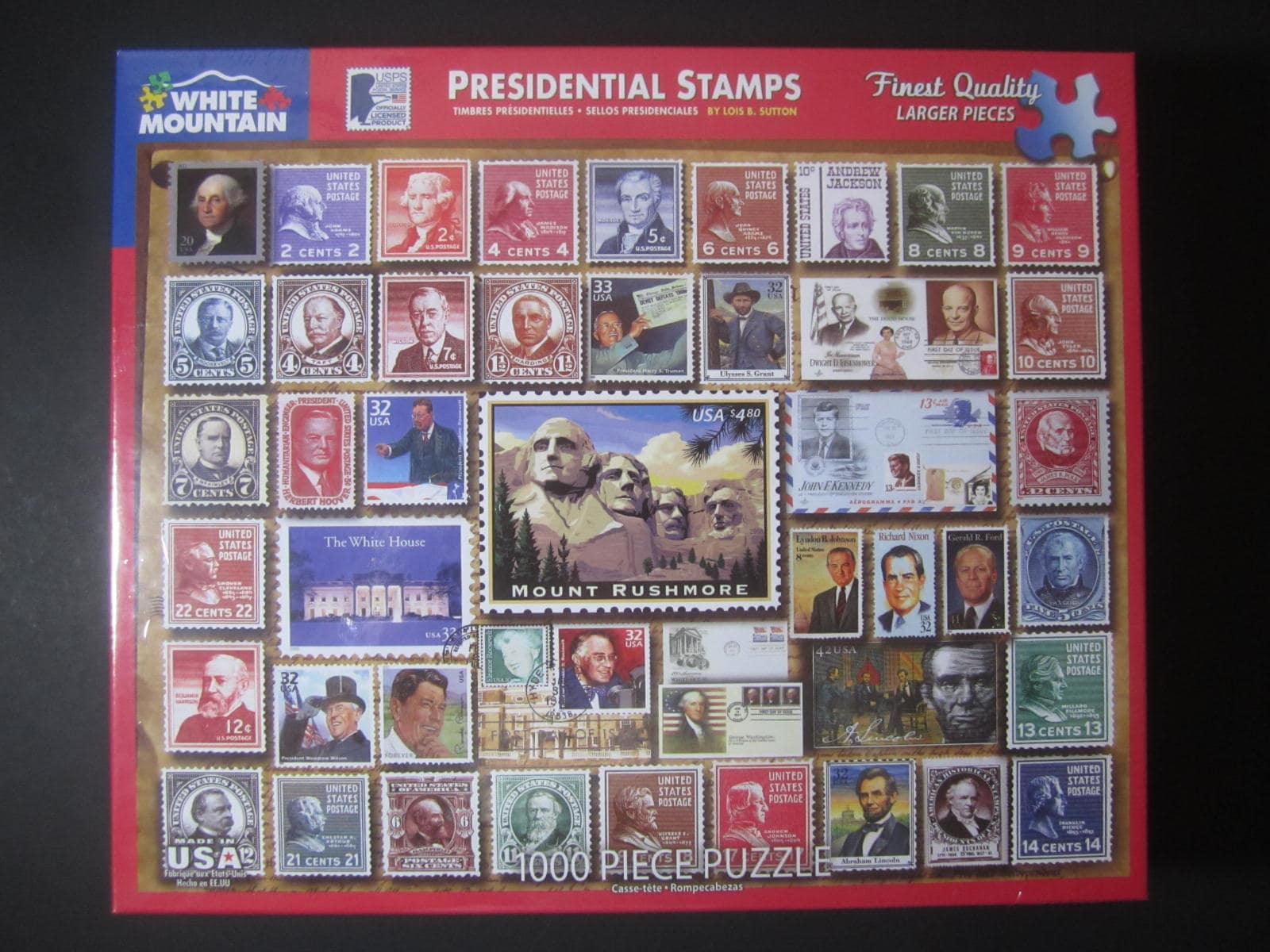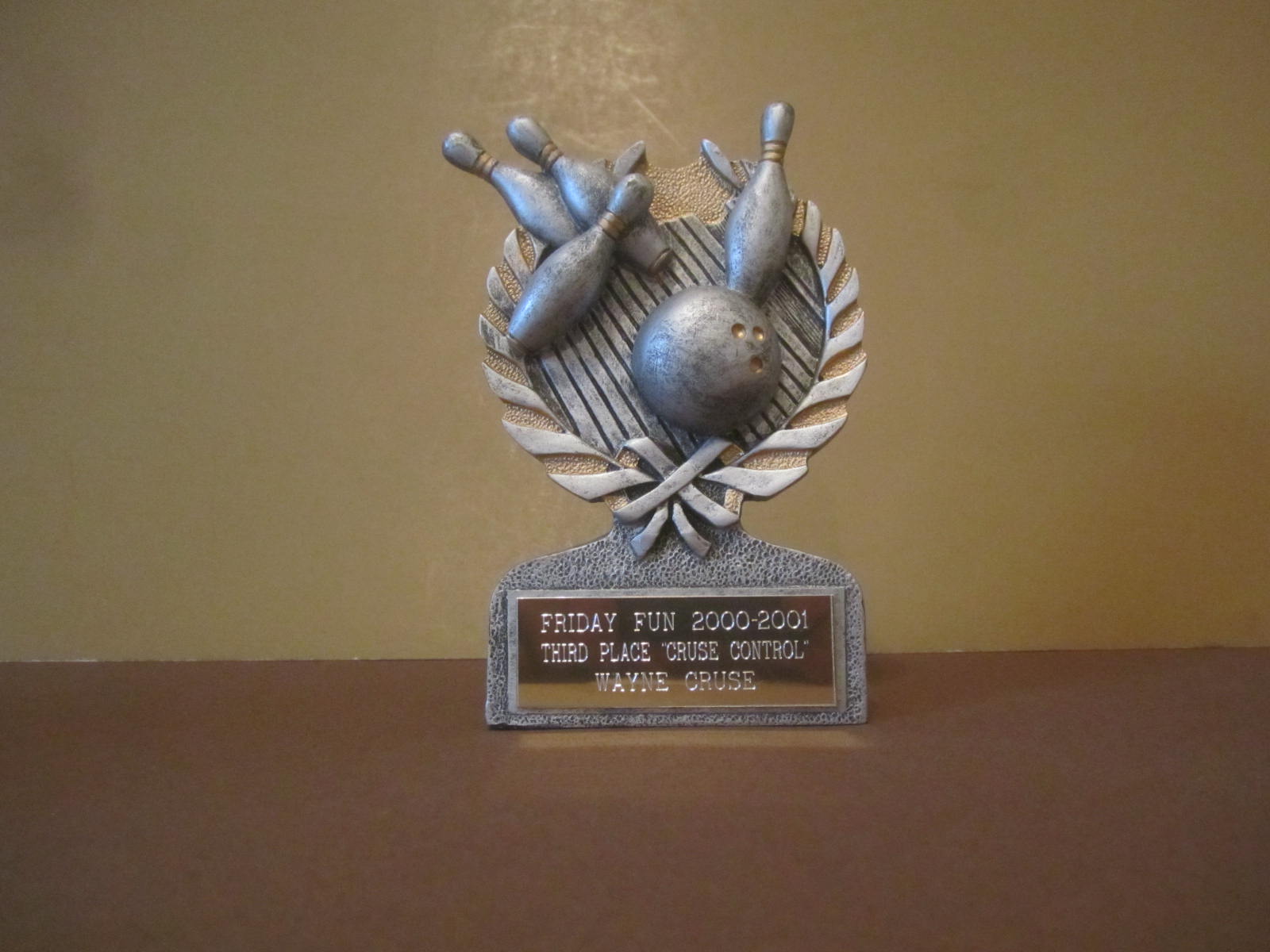Lightning Striking Twice
One of my most favorite people is someone who is also one of the most popular people I know. Almost every time I’m with him, no matter where it is, there is someone who knows him. He always smiles and he always has the most positive outlook on life. But one of the things I admire most about him are the simple words that sometimes come out of his mouth. From those eyes of his he sees life in the simplest terms. His faith and love is completely genuine. He is my older brother-in-law.
Chuck, my brother-in-law, doesn’t always like it when I remind him that he is “much older” than me (actually he only a few months older than me). He will quickly change the subject when I bring it up. When my birthday comes up, he is quick to remind me that we are the same age, even if it is only for a few months. Oh, I forgot to tell you that Chuck has Down Syndrome.
Down Syndrome is named after John Langdon Down, an early pioneer into the study of these extraordinary people who have an extra Chromosome 21. Instead of having 46 chromosomes as most of us do, they usually have 47. In 1959, the year after Chuck was born, French physician, Jerome Lejeune was the first to identify the extra chromosome. There are three types of Down Syndrome. The first is Trisomy 21 (Nondisjunction) which is about 95% of the cases. There is Translocation which is about 4% of the cases. The others 1% are Mosaicism. According to the National Down Syndrome Society website, heredity is not an issue in Trisomy 21 and Mosaicism types, but is a factor in a third of the Translocation types. As a woman ages the odds of having a Down baby increases. Currently, one in 691 babies are born with Down. The National Down Syndrome Society website expects those odds to increase as women wait longer to have children.
I must confess, I’m no expert on this topic, but what I can tell you about it is what I have seen firsthand. Chuck’s very simple way at looking at life is inspiring. When I kid him about his race car driver not doing well, which is very often, his response is: “I like them all.” Where I look for a tree to hide behind when a picture is taken, almost every family photo is an adventure to find Chuck somewhere in the picture, because he wants to be in every picture. He wants to be part of the moment and always wants to take a look at the picture right after it is taken. He has a love of life we all should copy.
One of my favorite Chuck stories happened at a family gathering. A few of us were gathered around talking. Chuck was among us. A great storm gathered outside. You know, one of those storms with thunder, lightning and heavy rain. A loud burst of thunder caused everyone at the table to jump. Chuck said, “That’s God talking.” Everyone laughed and someone asked Chuck, “What is God saying?” Without missing a beat, Chuck responded, “Chuckie, stay inside.”
It is perhaps one of the most historic sites in the United States, or at least, there have been several very interesting things take place on this plot of land. It is a plantation that sits about 30 miles west of Williamsburg, Virginia. Jamestown, just outside of Williamsburg, was settled in 1607. Berkeley Plantation wasn’t settled too long after that. The property claims they had the first Thanksgiving in America in 1621 (the Massachusetts Thanksgiving’s first published proclamation of a Thanksgiving observance wasn’t until 1633). They claim their Thanksgiving was more of a religious experience where the Massachusetts Thanksgiving was more of a social gathering.
Berkeley also boasts that it had the first whiskey distillery and ship yard in the New World. The eighteen gun Man of War was constructed here for the Revolutionary War. Abraham Lincoln landed here in 1862 to meet with General McClelland and review the Union Troops.
Berkeley is also known for a famous tune. Seems that the Army of the Potomac was camped at the Plantation in July 1862. Brigadier General Daniel Butterfield could not get a tune out of his head. He called in the bugler, Private Oliver Willcox Norton, to help him with the song. When they finally completed it, they wrote it on the back of an envelope. Private Norton played it for the first time that night, right there at Berkeley. Now it is played at most military funerals. The song is Taps.
When you work hard for a living you can’t help but get defensive when someone comes by and spreads rumors about your business. Today, we have law firms set up whose only purpose is to go after such criminals. Demetrius was such a tradesman. He was a silversmith. Demetrius gathered his fellow citizens and shouted the injustice that was not only done to him but also to the entire city. In almost a riot fashion, the crowd dragged Gaius and Aristarchus into the amphitheater to voice their displeasure with their little group.
Oh, did I mention Demetrius’ best-selling item happened to be shrines of the goddess Artemis (Diana)? Gaius and Aristarchus were part of a group that was led by a rebel named Paul. Paul was questioning how could the people worship a god that was made by human hands? Paul insisted that there was only one true God and man did not make him, but this God made man. When Paul’s fellow disciples, Gaius and Aristarchus, were dragged into the amphitheater, Paul’s first instinct was to want to be with them as part of that action. But, just like Chuck listening to God during the storm, Paul listened to others, and probably the spirit of God’s leading, and he stayed away. It was probably because this “big star” wasn’t with them that the leaders talked the crowd into dispensing and letting the local judicial system handle the situation. Paul and his group was then able to slip out of town and toward their next mission.
Berkeley Plantation was purchased by a family that liked to name their first sons Benjamin, in 1691. It was Benjamin the third that purchased it. His son, Benjamin the fourth, built a brick mansion on the property. One evening Benjamin the fourth was upstairs looking out the center window at a lighting storm that had come up rather quickly. He must have been sticking his head out the window or something because he was struck by the lightning and killed. Maybe he needed Chuck around to advise him otherwise. His son, Benjamin the fifth, at the age of eighteen, would inherit the plantation. Benjamin the fifth would also sign the Declaration of Independence. His son, Benjamin the sixth would install the beautiful Adam’s woodwork and the plastered walls of the mansion. But it would be Benjamin the sixth’s younger brother that would qualify for a Presidential blog: William Henry Harrison, our ninth President, would be born on Berkeley Plantation, too. He would be the first of two from this line of Harrisions that would become President. William Henry Harrison’s grandson, Benjamin Harrison (yes, another Benjamin) would become the twenty-third President of the United States.
Sometimes it is very hard to disobey our instincts and follow that soft, simple voice that whispers in our ears. The words seem all too simple to follow, yet their wisdom is worth the patience.
Prayer: Dear Mighty Father, Thank You for my brother-in-law, Chuck. Thank You for his inspiring positive attitude and the very simple, yet accurate way he looks at life. Thank You for the many Chuck stories I have witnessed and been inspired by. Please let others not look past people like him because they see them as different, for they will miss so much. Amen.



